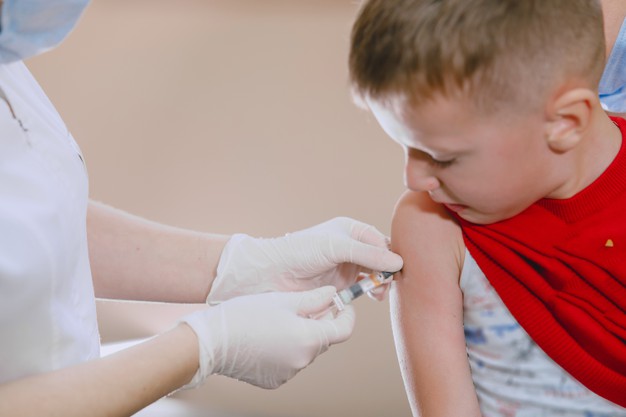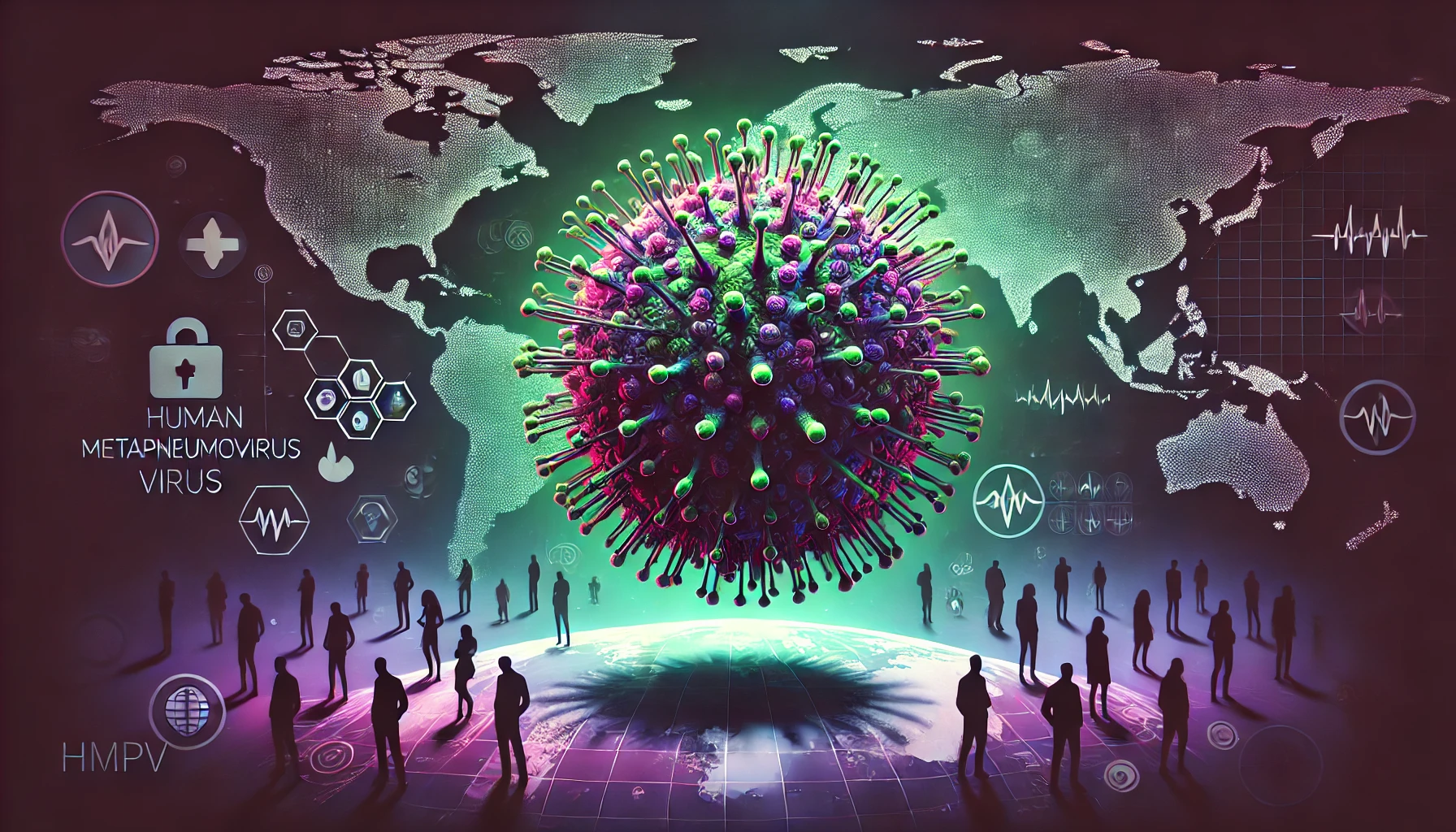Childhood Immunization must be overwhelming for new parents. It may be challenging to understand the importance of Immunization as there are so many myths about that. Let’s know the facts and necessity of childhood Immunization.
Let’s first look into what is Childhood Immunization?
Childhood immunization is the procedure of providing vaccines to children. It will prevent them from fatal and infectious diseases. Children are prone to catch infections as their immune system is not powerful enough to resist harsh conditions. That’s why doctors suggest the immunization process should begin in early childhood.

Are vaccination and Immunization the same?
The answer is NO, but they are correlated.
Vaccination is the process of giving a vaccine into the body to build immunity against any particular disease.
On the other hand, Immunization is a method by which the body recognizes a particular disease agent and protects against that disease through vaccination.
The necessity of childhood immunization
The importance of Immunization for an all-over healthy life cannot be denied. Some of the reasons are listed below,
- Vaccination helps combat the deadly complications of 26 different vaccine-preventable diseases such as polio, measles, mumps, hepatitis, etc.
- Immunization not only protects the body from infectious diseases but also stops the spread of infection into others.
- The process of Immunization is very cost-effective. Without vaccination, the cost of the treatment will be way more than Immunization.
- Vaccines make it possible to save lives from a fatal disease and even erase some nasty diseases like polio and smallpox.

Myths about vaccines one should not believe
Due to a lack of proper awareness, there are a lot of myths about vaccination. All these myths many parents are not getting their children fully immunized.
Some of the misconceptions regarding vaccination are given below:-
- Vaccines cause autism
Fact: Vaccines do not cause any autism. Due to a controversial study obtained on measles, and rubella this miscommunication spread. Though the survey disproved later, this myth still exists.

- Childhood vaccination is unnecessary
Fact: Vaccination in early childhood is significant as children’s immune system is weaker than adults. So, the chances of getting infectious diseases are more for children.

- Vaccines cause the disease that they prevent
Fact: Vaccines don’t cause disease as vaccines are formed using inactive, i.e., killed viruses. The vaccine helps the body to recognize the condition and makes the immune system strong enough to protect from that disease.

- Vaccines contain unsafe toxins
Fact: Yes, Vaccines contain a tiny amount of formaldehyde and aluminum but don’t cause any health issues. Even the human body forms formaldehyde at a higher rate.

Don’t risk your child’s health for some false, unverified data about vaccines. Hence, do not hesitate to immunize your child. Although, discuss with a pediatrician for further details before getting into it.















